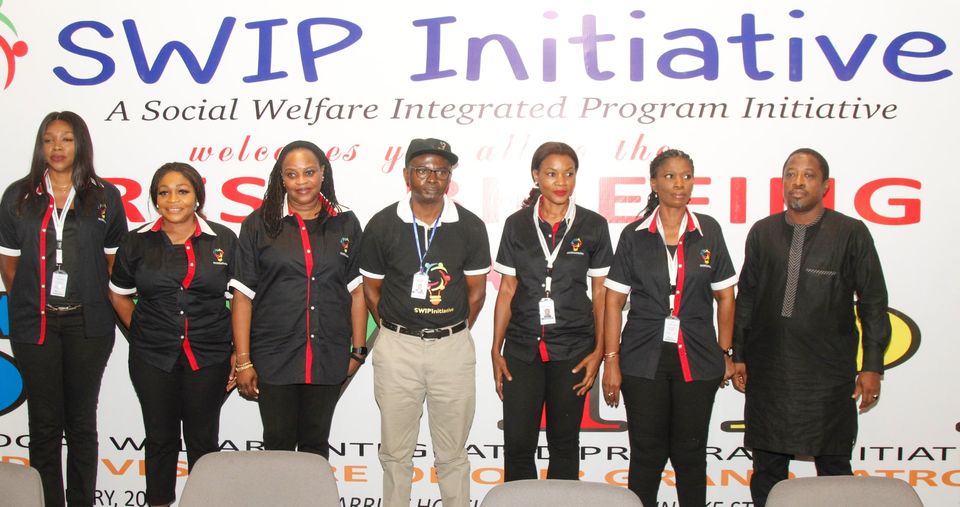A group, the Social Welfare Integrated Program Initiative (SWIPI) on Tuesday unveiled its carefully conceived initiative designed to bridge the identified gaps in social welfare practice in Lagos State with the principal objective of achieving a society that looks after the least vulnerable people.
Addressing a Press Conference on the formal launch of the initiative scheduled to hold in Lagos on Thursday, Chairman of SWIPI, Dr. Kolawole Ajayi said SWIPI would be intervening critically to assist orphanages, elderly care homes, children with special needs, and the mentally challenged notably in the areas of infrastructure, medical, education, nutrition and training needs.
Ajayi, who addressed the media alongside key officials of SWIPI, said the organization was conceived from the need to standardize social welfare practice in the society and intervene where necessary to help the needy.
“The plight of the most vulnerable in society is a collective responsibility that falls on every global citizen. SWIPI has stepped in to fill some of the gaps that are prevalent in the care and management of vulnerable people in our society.
“We have taken steps to meet these needs by paying visits to all care homes in Lagos with an emphasis on orphanages, elderly care homes, children with special needs, and mentally challenged to identify needs and proffer adequate solutions to them.
“Some of the gaps noticed mostly were in infrastructure, medical, education, nutrition, and training needs. As an example, we have delivered a training curriculum, using world-class facilitators and the feedback has been improved knowledge and delivery of care by the caregivers in the homes,” Ajayi said.
Giving details, he said the SWIPI team had already visited all the 64 orphanages in Lagos State, and that steps were being taken to address the identified needs, just as he said some of the needs have been addressed.

“Talking about the infrastructural gaps, there are places we went to that lack a good source of water and toilet facilities. SWIPI had to dig boreholes and also provided water treatment plants for them.
“There are some homes without toilets and some with bathrooms serving both boys and girls without separation. Children have grown to the point that we need to make things the way they should be and the point is that government cannot do everything all alone. We have to intervene and this is one of the objectives of SWIPI,” Ajayi said.
Ajayi, who has been a pediatrician for more than 30 years, said SWIPI was also working towards ending the stigmatization associated with children with special needs, especially from the point of view of families hiding such children, adding: “What we are doing is to identify them, link them up with orphanages with expertise to care for them, and then commence some kind of management.”
Also speaking, another member of the team, Ijeoma Ejiofor said the objective of SWIPI was to intervene to improve the quality of social welfare administration, revealing that intervention had been made in areas of donation of critical equipment and training.



